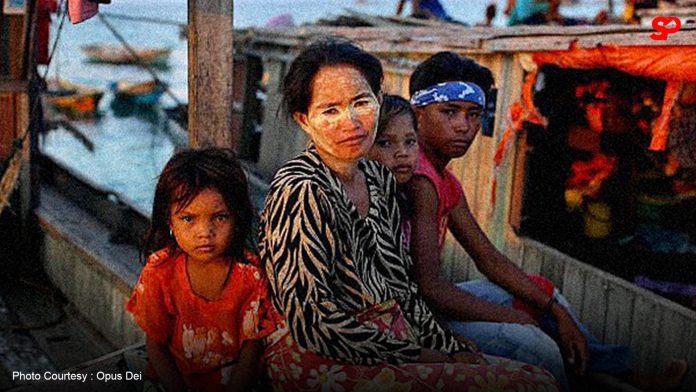By Xander Ledesma
A group of 15 individuals from the Badjao community who recently migrated to Cebu City will be sent back to their home province of Jolo, Sulu, following reports of their involvement in street begging. The transportation back home is scheduled for tomorrow, December 1, 2024, as stated by Portia Basmayor, who heads the Department of Social Welfare and Services (DSWS) for the Cebu City Government.
Basmayor confirmed that the individuals, identified as engaging in begging on the streets, will be taken by boat to Mindanao. This decision is part of the city’s ongoing strategy to combat street begging, which has become a persistent issue in urban environments. The Badjao, often referred to as “sea nomads,” represent a marginalized indigenous group with a long-standing history of displacement, primarily originating from the Sulu Archipelago in Mindanao.
The Badjao community has consistently faced obstacles, including poverty and social exclusion. Over time, many have relocated to urban areas seeking better livelihoods, frequently turning to begging as a means of survival. Local authorities are striving to find a balance between offering humanitarian assistance and addressing the issue of street begging, which has become increasingly noticeable in Cebu City.
The 15 individuals, reportedly from the Sulu region, are anticipated to board a vessel organized by the city government for their return journey. Details remain uncertain regarding whether the Badjaos will receive any assistance or services upon arriving back home.
Historically, the Badjao people have encountered considerable challenges, such as restricted access to education, healthcare, and job opportunities, which have exacerbated their socio-economic difficulties. As part of the relocation plan, authorities in Cebu City are collaborating with local officials in Sulu to facilitate a smooth transition for the group.
Although this is not the first instance of Badjaos being returned to Mindanao from various locations, it underscores the ongoing challenges of urban migration faced by indigenous groups and the pressing need for sustainable solutions to improve their welfare.

